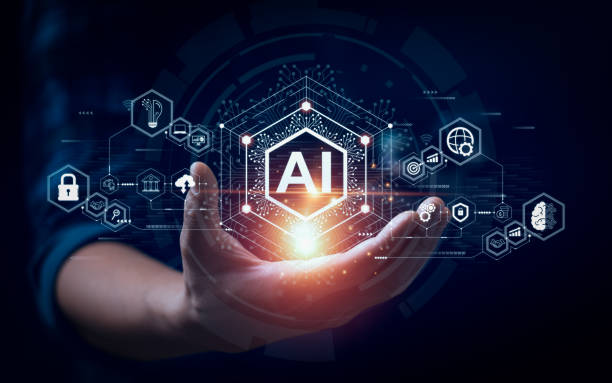AI to Transform 12 Million Jobs by 2030, Says McKinsey Report
In a groundbreaking report released by McKinsey, it has been revealed that the next decade will witness a significant transformation in the job market. According to the report, Artificial Intelligence (AI) is expected to revolutionize nearly 12 million jobs worldwide by the year 2030. This forecast has sparked both intrigue and concern among experts and professionals across various industries.
The impact of AI on the job market has been a topic of great interest in recent years. As technology continues to advance at an unprecedented pace, it is no surprise that AI is set to play a pivotal role in shaping the future of work. The McKinsey report dives deep into the potential implications of this transformation, shedding light on the challenges and opportunities that lie ahead.
One of the key findings of the report is that AI will have a profound effect on jobs that involve repetitive and predictable tasks. These roles, which are often seen as low-skilled and mundane, will be automated by intelligent machines and algorithms. This shift will free up human resources to focus on higher-value and creative tasks, leading to increased productivity and innovation in the workplace.
However, the report also highlights the need for reskilling and upskilling the workforce to adapt to these changes. As AI takes over certain job functions, it is crucial for individuals to acquire new skills that are in line with the evolving demands of the digital era. McKinsey emphasizes the importance of lifelong learning and continuous development to ensure employability in the face of AI-driven disruptions.
The sectors expected to witness the most significant impact from AI include manufacturing, retail, transportation, and customer service. Jobs such as assembly line work, cashier roles, and routine customer support positions are likely to be automated, leading to job displacement for many workers. While this may cause initial upheaval, the report suggests that new job opportunities will emerge as a result of AI implementation, albeit in different areas.
Moreover, the report emphasizes the need for proactive measures to mitigate the potential negative consequences of AI-driven job transformations. Governments, businesses, and educational institutions must collaborate to design policies and programs that support affected workers in transitioning to new roles or industries. This includes providing access to retraining programs, fostering entrepreneurship, and creating a supportive environment for career transitions.
The McKinsey report also touches upon the ethical considerations surrounding AI adoption. As AI becomes more integrated into various aspects of society, concerns regarding data privacy, bias, and transparency come to the forefront. It is crucial for policymakers and organizations to address these concerns and establish frameworks that ensure responsible and ethical AI implementation.
While the McKinsey report highlights the significant impact AI will have on the job market, it also emphasizes the importance of human skills and the irreplaceable value of human expertise. As machines take over certain tasks, uniquely human qualities such as creativity, empathy, critical thinking, and complex problem-solving become increasingly vital. The report underscores the need for individuals to cultivate these skills to thrive in the AI-driven future.
As we look towards the year 2030, it is evident that AI will reshape the global job market in profound ways. The McKinsey report serves as a call to action for individuals, businesses, and governments to embrace the transformative power of AI while also addressing the challenges it presents. By adapting and preparing for this paradigm shift, we can harness the full potential of AI and create a future where humans and machines collaborate harmoniously towards shared prosperity.
In conclusion, the McKinsey report’s predictions of AI transforming 12 million jobs by 2030 highlight both the opportunities and challenges that lie ahead. As the world navigates this transformative era, proactive measures, reskilling initiatives, and ethical considerations will be crucial in ensuring a smooth transition and a future where AI enhances human potential rather than replacing it.]



